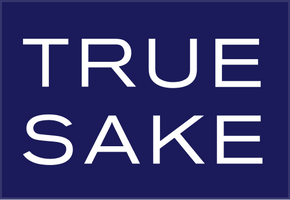
“Ask Beau” – What is the proper meaning of sake?”

Ha! This is a funny question especially since we have a new employee with the name Saki! Here is an “Ask Beau” from 10 years ago this March that deals with the same question:
Steve B. from Minnesota asked, "What does the word sake mean?" Steve, firstly this is a simple but great question, and I will answer it by describing an embarrassing situation that happened to me in Japan. On one of my trips to Osaka - roughly the time when the True Sake concept began to formulate - I was with a Canadian fellow and we went looking for a "sake bar." Time and time again we would ask people to show us to a sake bar and they would keep steering us to nightclubs or typical bars that didn't really have sake. We kept asking what the F#^& are these peoples' problem? Aren't they Japanese? Don't they know what sake is? I mean come on! We were both frustrated and completely ignorant. Sake in Japan does not mean what sake in the US or abroad means. In Japan the word sake means all types of alcoholic beverages. Thus those kind people kept showing us to sake bars - bars that served all sorts of alcoholic beverages. Sake can be wine, beer, spirits and even sake, but it doesn't just mean sake as we know it. The correct word in Japan is "Nihonshu" which translates roughly into the "wine of Japan." There is another more formal name for sake that was used when speaking in governmental or legal terminology, which is Seishu and stands for filtered sake. The word Seishu can be found on most bottles of sake, but the word to use to find "sake" in Japan is Nihonshu. And lastly what about that cute little accent above the e in sake? As they say in Hoboken "Fughetaboutit"!
So Sake means something entirely different, and it’s always funny visiting breweries and using the word sake. They always correct me and say Nihonshu. I laugh and say I know. But it’s a small problem that will always be an issue in the future of sake. Of course I am comfortable calling Nihonshu sake, but my problem is using the word sake in plural form. Is it sake or sakes when you talk about more than one? “I have a great list of sake to choose from!” “I have a great list of sake to choose from!” It’s sort of maddening (Thank you Shin), but I don’t really mind the correctness or the incorrectness as long as the word sake is being spoken.
